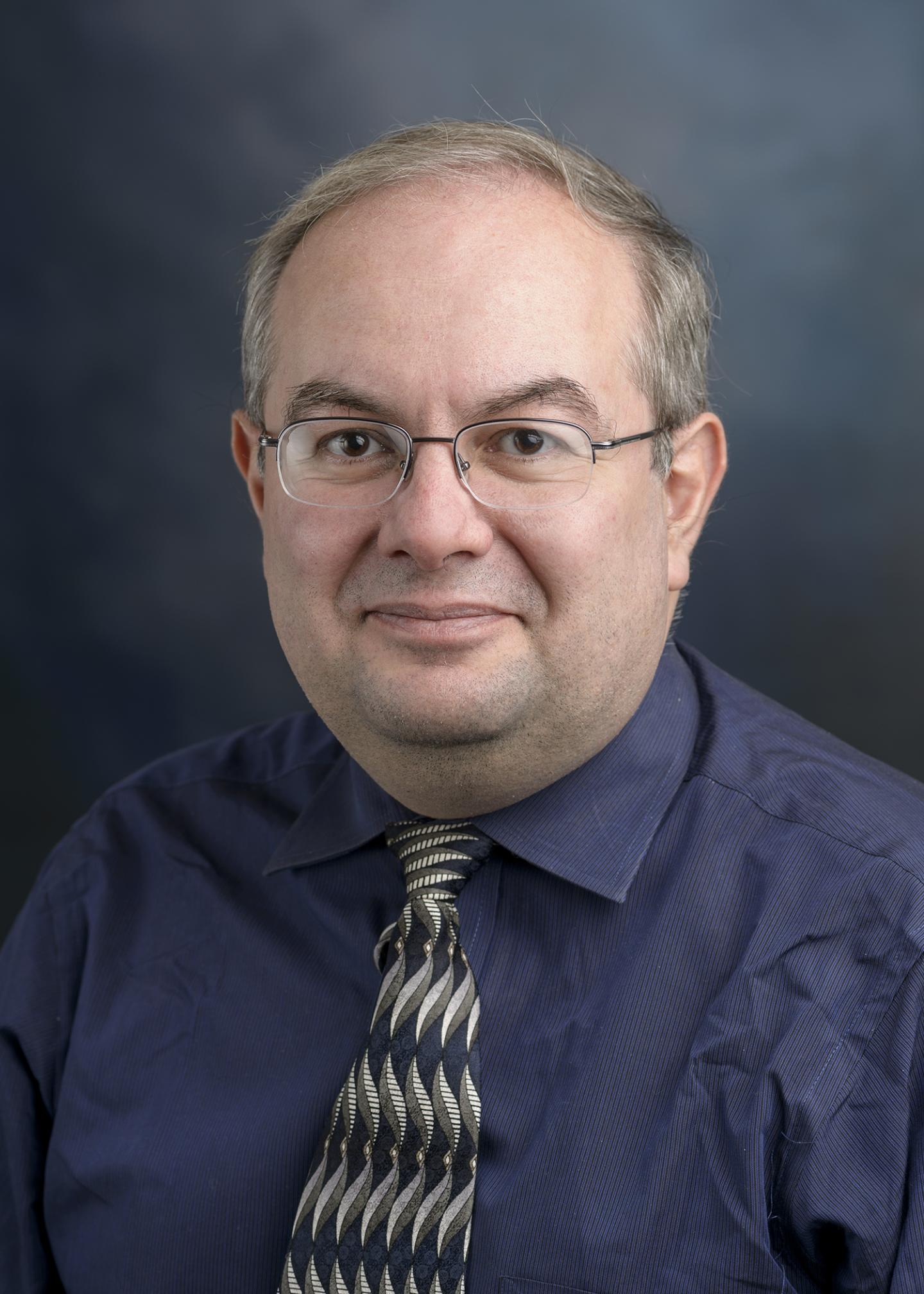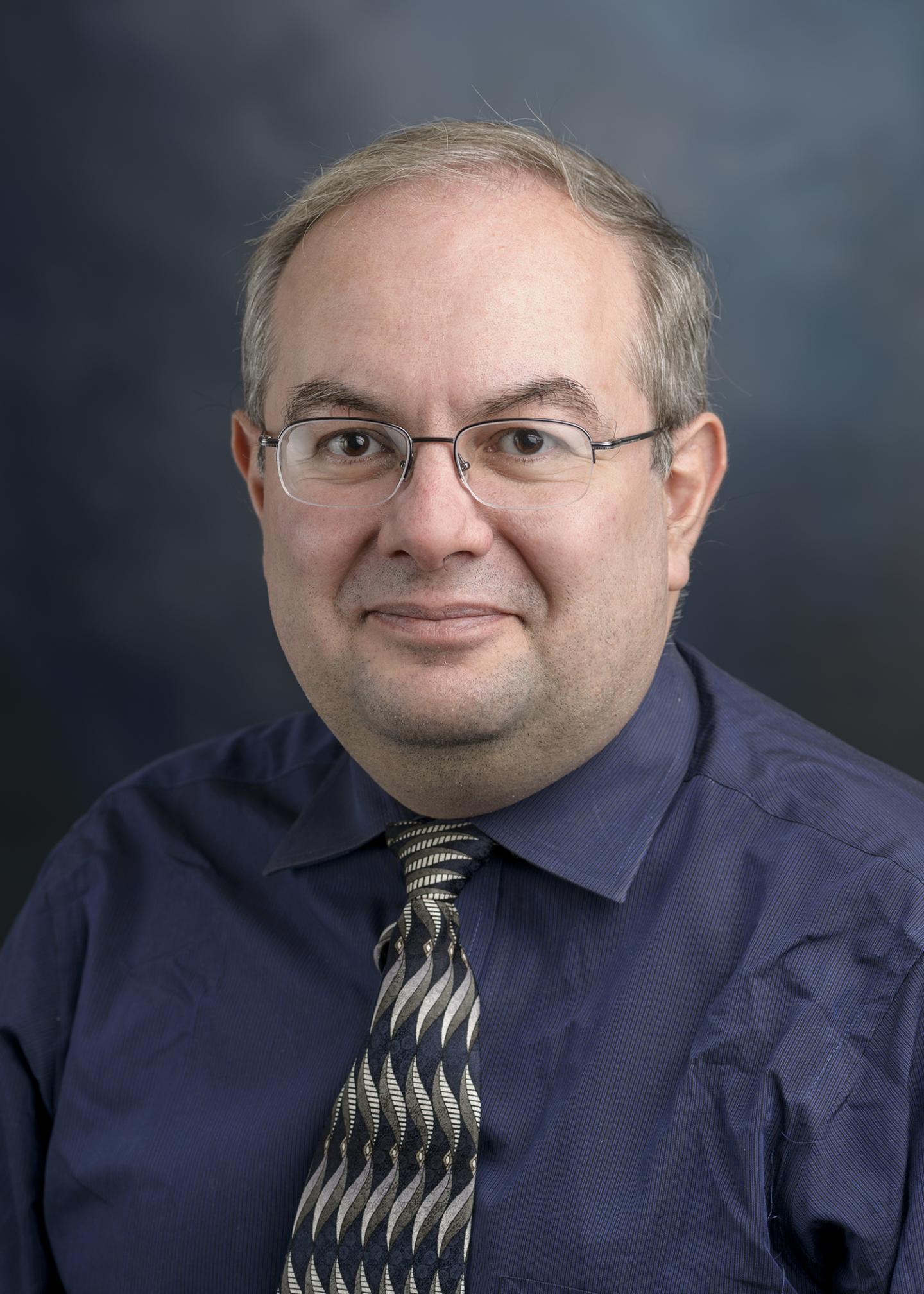
ATLANTA–Ivaylo Ivanov, associate professor of chemistry at Georgia State University, has received a five-year, $1.675 million federal grant to study how problems with DNA replication and repair may lead to cancer susceptibility and inheritable genetic diseases.
The project is funded by the National Institute of General Medical Sciences of the National Institutes of Health and could have an impact on scientists' fundamental understanding of the causes of cancer.
DNA replication and repair are essential life processes that are critical for maintaining the genome. The study will analyze certain core replication complexes that are crucial for repairing damaged DNA and intimately connected to cancer initiation and progression.
"This has implications for human health because the maintenance of the genome is tightly linked to disease, specifically cancer or inherited genetic disorders," Ivanov said.
While the structures of many individual replication proteins have been determined, the assembly of larger replication complexes remain unstudied. The project will focus on the assembly of the core replication proteins DNA ligase 1 (Lig 1) and Flap Endonuclease 1 (FEN1) on Proliferating Cell Nuclear Antigen (PCNA) or Rad9-Hus1-Rad1 (9-1-1).
In DNA replication, enzymes called DNA polymerases create DNA by assembling nucleotides, the building blocks of DNA. DNA polymerases build two strands independently, a leading and a lagging strand. The leading strand gets replicated continuously as DNA polymerase incorporates nucleotides. Lagging strands are produced in discontinuous fragments, which are initiated by an RNA primer. To produce a continuous lagging strand, the replicating DNA polymerase has to exchange with other core replication proteins, such as FEN1 and Lig 1. FEN1 removes the RNA primer, and the fragment is connected to the previously synthesized fragment by Lig 1.
"Our purpose is to figure out how these different enzymes cooperate–the DNA polymerase which does the synthesis, the Flap Endonuclease 1 which excises the RNA primer and finally the DNA ligase which seals the nick in the DNA strand and forms one continuous strand," Ivanov said. "Basically, we're combining different structural methods such as single-molecule Forster Resonance Energy Transfer, electron microscopy and small-angle X-ray scattering in order to characterize these dynamic complexes."
Ivanov will use advanced computational methods to analyze structural data that is supplied by collaborators from across the country. His goal is to model and structurally characterize the assembly of key proteins that are critical in DNA replication and repair activities.
"The DNA replication machinery is exquisitely precise, but you have to put that precision into the context of the entire genome," Ivanov said. "Even a small error can magnify when you're talking about replicating millions of bases. That's where the concept of genome maintenance or DNA repair comes in. You have several different pathways that deal with different kinds of damage. These pathways sometimes are effective at correcting the damage. Sometimes they fail. The failure can lead to either cell death or apoptosis or it can lead to cancer progression."
###
Read the grant abstract at https://projectreporter.nih.gov/project_info_details.cfm?aid=8887687&icde=26757826.





